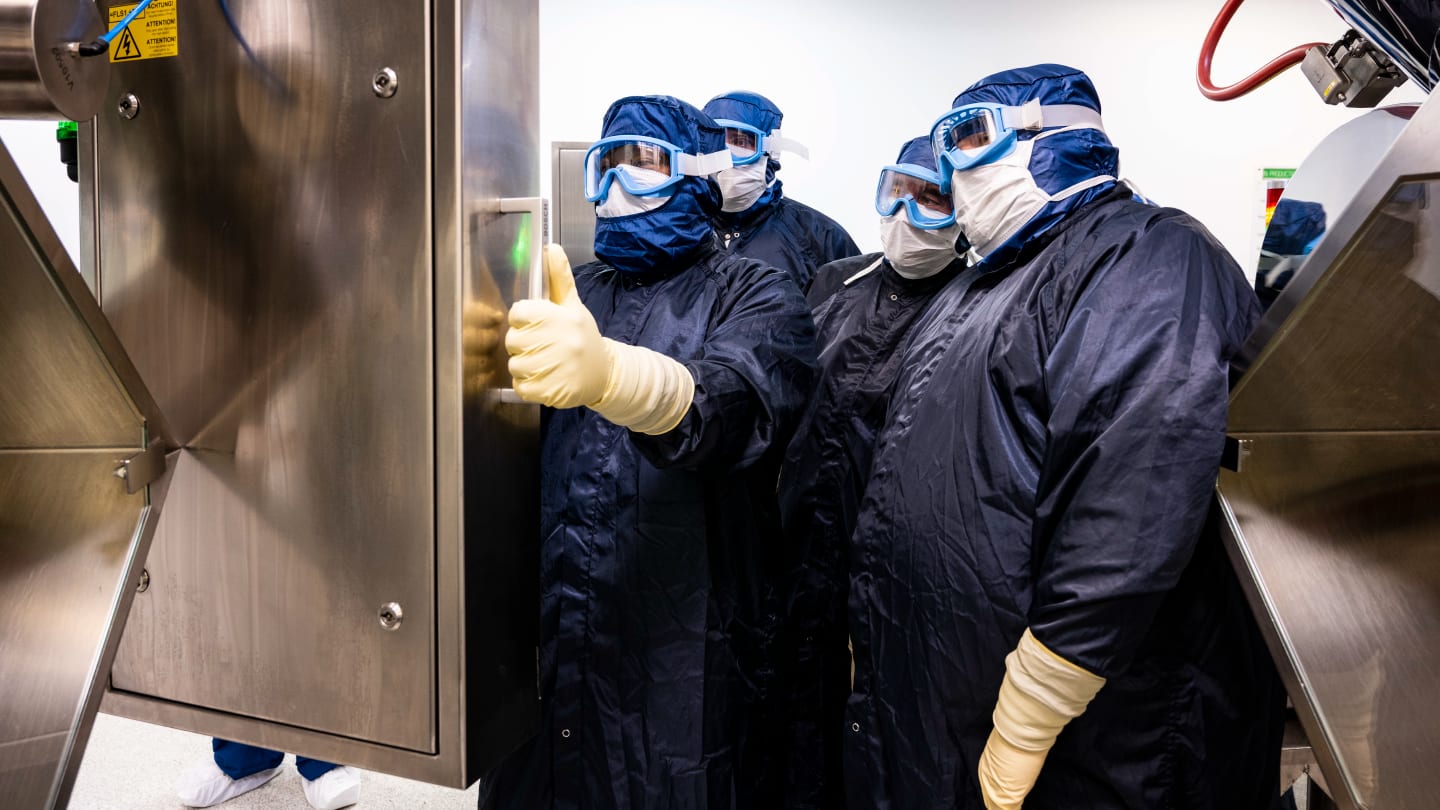
Pfizer and Astellas have revealed positive interim findings from the phase III EV‑303 (KEYNOTE-905) trial in muscle‑invasive bladder cancer patients. The combination of Padcev (an antibody‑drug conjugate targeting Nectin‑4) with Keytruda (a PD‑1 inhibitor), used both before and after surgery, significantly improved event‑free survival and overall survival versus surgery alone. Additionally, the regimen met the secondary endpoint of pathologic complete response, marking the first time a systemic treatment has extended survival over surgery in this challenging patient group. Pfizer says it will discuss the results with global health authorities and present data at forthcoming medical conferences.
Elsewhere, Sanofi announced that its investigational oral BTK inhibitor rilzabrutinib has earned orphan drug designation in the EU for the treatment of IgG4‑related disease, a rare and potentially debilitating immune-mediated condition. The designation, granted by the EMA, follows positive phase II results presented at EULAR 2025, showing that 52 weeks of rilzabrutinib reduced disease flares, improved key disease biomarkers, and reduced the need for glucocorticoids, with no new safety concerns identified.
Rilzabrutinib has already achieved orphan designation in the US, the EU, and Japan for immune thrombocytopenia (ITP), as well as for warm autoimmune hemolytic anemia, IgG4‑RD, and sickle cell disease in the US. Additionally, it has received Fast Track designation in the US for both ITP and IgG4‑RD. The drug is currently under regulatory review in the US, EU, and China for ITP, with the FDA’s target action date set for August 29, 2025
Novartis says its investigational monoclonal antibody ianalumab (VAY736), when combined with eltrombopag, successfully met the primary endpoint in the pivotal phase III VAYHIT2 trial for patients with primary immune thrombocytopenia (ITP) who had previously received corticosteroids. The combination notably prolonged the time to treatment failure and achieved a significantly higher rate of sustained platelet count response at six months, the key secondary endpoint. The regimen comprised just four once-monthly doses, potentially permitting extended off-treatment periods and alleviating long-term treatment burden. The safety profile aligned with prior findings, with no new safety signals reported.
Finally, GlaxoSmithKline announced that the FDA has accepted its supplemental New Drug Application for Blujepa (gepotidacin) priority review as an oral treatment for uncomplicated urogenital gonorrhoea in patients aged 12 and older weighing at least 45 kg. The submission is supported by positive 0hase III EAGLE‑1 trial data, which demonstrated that gepotidacin is non-inferior to the current standard regimen of injectable ceftriaxone plus oral azithromycin. The FDA has assigned a Prescription Drug User Fee Act decision date of December 11, 2025. If approved, gepotidacin would provide an oral alternative to injectable treatments, addressing a significant need for more accessible and patient-friendly therapeutic options against a WHO-designated priority pathogen.




